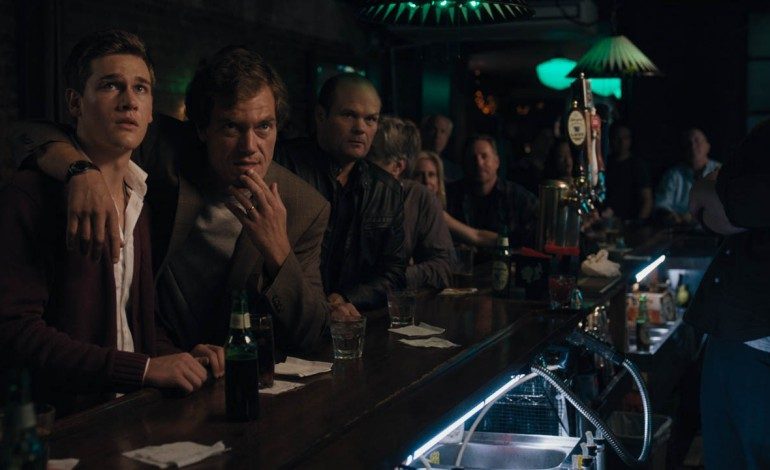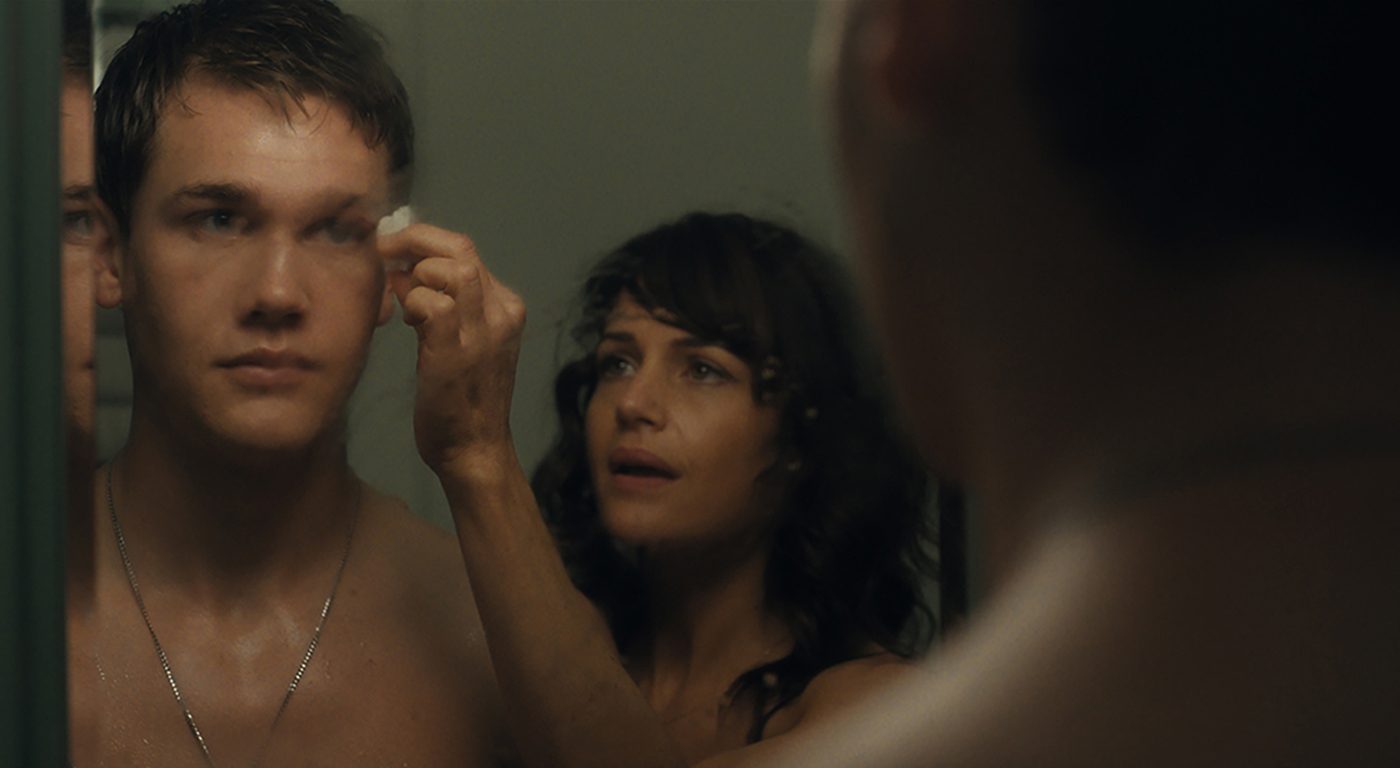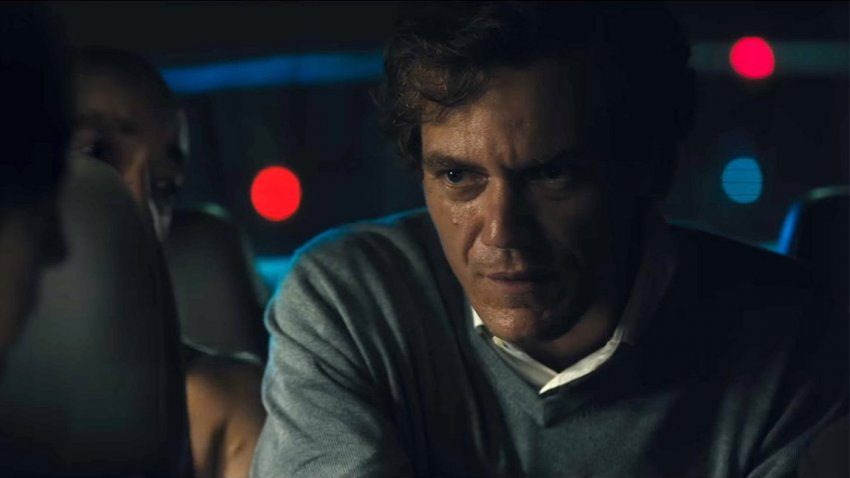

When I first saw the title of this film, I assumed it was about the gritty, criminal underbelly of New York. What else would one assume when seeing Michael Shannon’s foreboding face loom over a scoreboard? Combined with the film’s casting of regular-wrongdoers John Douglas Thompson and Chris Bauer, one could imagine that there would be at least some palpable character complexities. Instead, the viewer is forced to absorb a derivative basketball drama that desperately tries to pass itself off as a shiny Cadillac Coupe De Ville when in reality it’s nothing more than a rusty Ford Edsel.
Wolves tells the story of Anthony Keller (Taylor John Smith), a promising high school basketball student who is as much of a jock as he is a sweetheart. With a loving girlfriend, title-challenging basketball team, doting friends and a shot at a Cornell scholarship, it seems that Anthony’s life couldn’t be any better. That is until his hard-drinking, gambler of a father, Lee (Michael Shannon) begins threatening his chances at a good future. With his father’s mounting gambling debts, bouts of dipsomania and stagnating career, Anthony must fight on and off the court to ensure his blossoming future does not wilt away.
Bart Freundlich’s newest feature seems to fit the canon of films from the director’s catalogue. But for filmgoers, that isn’t necessarily a good thing. Just like Trust the Man and World Traveler before it, Wolves is melodramatic, familial, and unfortunately, boring. Freundlich’s newest film seldom adds anything new to the stale mix of formulaic basketball melodramas, relying instead on the performative qualities of its cast to push his newest film along and keep the audience engaged.
From the pedantic multiplicity of tacked-on subplots to the predictable characterizations, Wolves is an exercise in rehashing old tropes that films like Coach Carter and O had previously established. Whether it is the inner-city challenges of having an alcoholic, gambling father or the constant stress of attaining that scholarship, Wolves is a film that is best suited for individuals who know what to expect and when to expect it.
But fortunately, with a cast that includes veterans such as Carla Gugino (Watchmen) Chris Bauer (The Wire) and the formidable Obie-winner John Douglas Thompson, viewers can find solace in their palpably powerful performances. For even with an emotionally manipulative script that seems to add on troubles whenever the plot loses focus, these actors work tirelessly to maintain the film’s direction.


But the ultimate saving grace–and likely biggest box-office draw–is the presence of two-time Academy Award-nominated actor, Michael Shannon. The brooding, scowling and lanky Shannon does everything he can to make his character as emotionally palpable, despicable and yet vulnerable as he can. Whether it is hiding his debt-causing injuries or abusing his family, Shannon shines in a role that has been written and rewritten hundreds of times, somehow breathing freshness into a hackneyed mold.
And while the acting in the film is great, it is not enough to save the picture. With a constant reliance on the syntactical language of gritty family melodrama and the Michael Cimino-inspired semiotics of a harsh, blue/grey New York, Freundlich film comes off as unoriginal, pretending to be something it’s not–an original retelling of a sports drama. It’s as if the cynicism and ambiguity of 1970s American cinema mixed with the postmodern optimism of 1980s American cinema to make this picture. Unfortunately, the cultural amalgamation doesn’t pay off and instead comes off as a lackluster attempt at what could have been a rather innovative film.
Verdict: 2 out of 5
Wolves is film that tries to desperately portray itself as a serious sports drama that could stand up there with Any Given Sunday or Brian’s Song. Unfortunately, thanks to the pedantic plot progression and stereotypical character developments, Freundlich’s newest film lacks tangible dramatic substance. To quote Shannon’s character’s speech to his writing class, “at a certain point, intention doesn’t matter. It’s about what you do.” Regrettably, it seems that Freundlich didn’t listen to his own character’s advice, putting intention above execution in making this derivative basketball drama.

